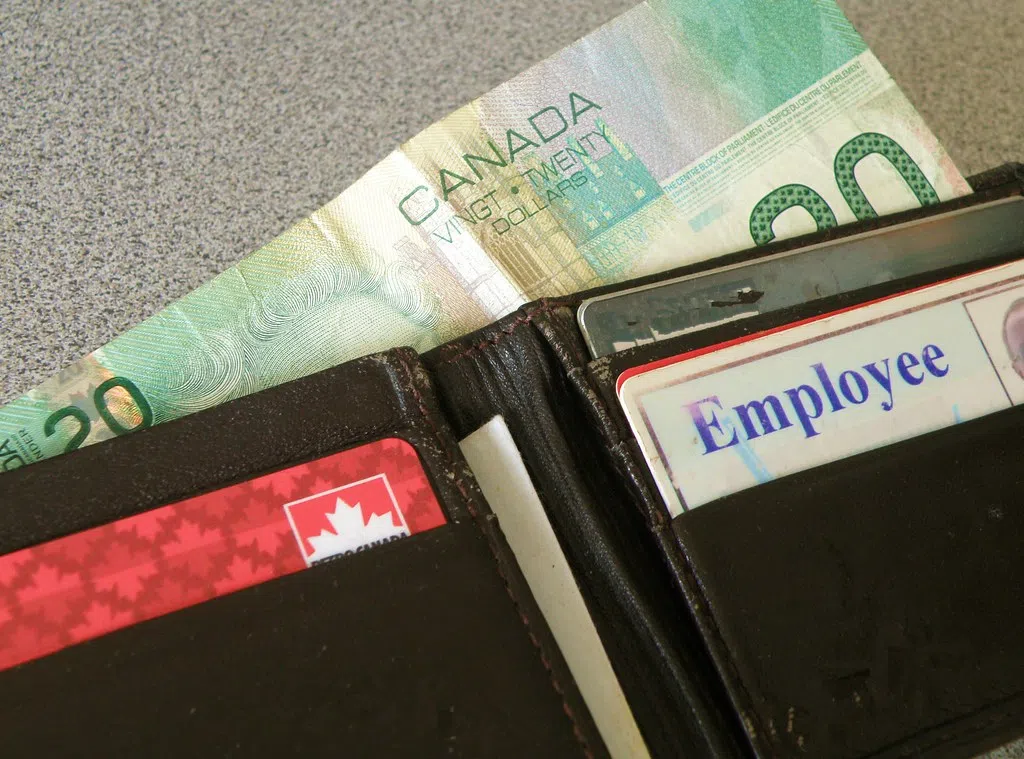With inflation on the rise, minimum wage increases are necessary, that according to the Retail Council of Canada.
But Atlantic Director Jim Cormier says with significant increases, there are cost pressures for retailers, “On one hand, it’s understandable. Inflation has been a big issue, and combine that with the fact that over the last number of years, many provinces in the country have been racing toward the $15 mark. Therefore, New Brunswick’s minimum wage fell behind. It was the lowest in the country. So we understand that it has to go up. But what people have to understand is that whenever there is a significant increase, which is what we’re going to be seeing in New Brunswick, there are cost pressures that happen throughout a retailer’s payroll system.”
He says small independent retailers may only have a few employees, and when there’s a big increase over the next few years, that has to be absorbed somewhere, and it often leads to price increases for customers.
“For the larger retailers, they have salary scale, and therefore, there’s percentage increases between the minimum wage worker up to the next level, and the next level and the next one after that. So it creates a cascading effect throughout the system where if you raise by $2 at the low end, that $2 increase pretty well happens all the way through the system. Obviously, bigger retailers have the means but yet they also have a lot more costs that are going to happen because of this. So there is an impact all the way through and ultimately, the customer ends up paying more because they have to pass these costs on,” Cormier says.
He adds knowing in advance about the increase is always a positive.
Minimum wages in the province went up on April 1st to $12.75, that’s an increase of a dollar.
Another one dollar increase is planned for October of this year.




